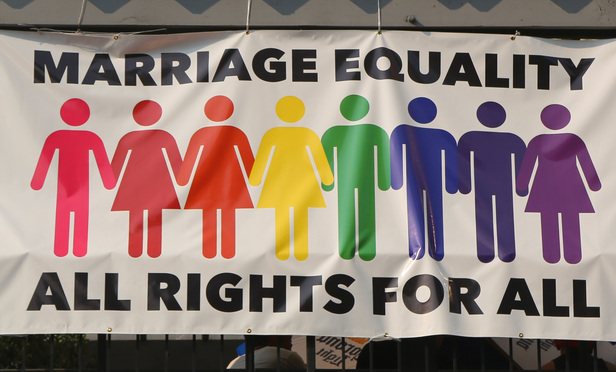Borrowing from #LoveWins, a popular hashtag used in social media, many may call the summer of 2015 the summer that love won.1 On June 26, 2015, the U.S. Supreme Court issued a landmark decision in Obergefell v. Hodges,2 holding that the 14th Amendment requires every state to license a marriage between individuals of the same sex and to recognize such marriages licensed in another state.
On the heels of that decision, the U.S. Equal Employment Opportunity Commission’s Office of Federal Operations3 (EEOC-OFO) announced in a federal sector case, Baldwin v. Department of Transportation,4 that employment discrimination on the basis of sexual orientation is prohibited under Title VII of the Civil Rights Act of 1964. Baldwin caused many to believe that a new protected class—sexual orientation—had been created. A closer analysis of Baldwin, however, reveals that the EEOC did not create a new protected class based on sexual orientation. Further, the EEOC’s decision is not entitled to deference by the federal courts.
This content has been archived. It is available through our partners, LexisNexis® and Bloomberg Law.
To view this content, please continue to their sites.
Not a Lexis Subscriber?
Subscribe Now
Not a Bloomberg Law Subscriber?
Subscribe Now
LexisNexis® and Bloomberg Law are third party online distributors of the broad collection of current and archived versions of ALM's legal news publications. LexisNexis® and Bloomberg Law customers are able to access and use ALM's content, including content from the National Law Journal, The American Lawyer, Legaltech News, The New York Law Journal, and Corporate Counsel, as well as other sources of legal information.
For questions call 1-877-256-2472 or contact us at [email protected]



